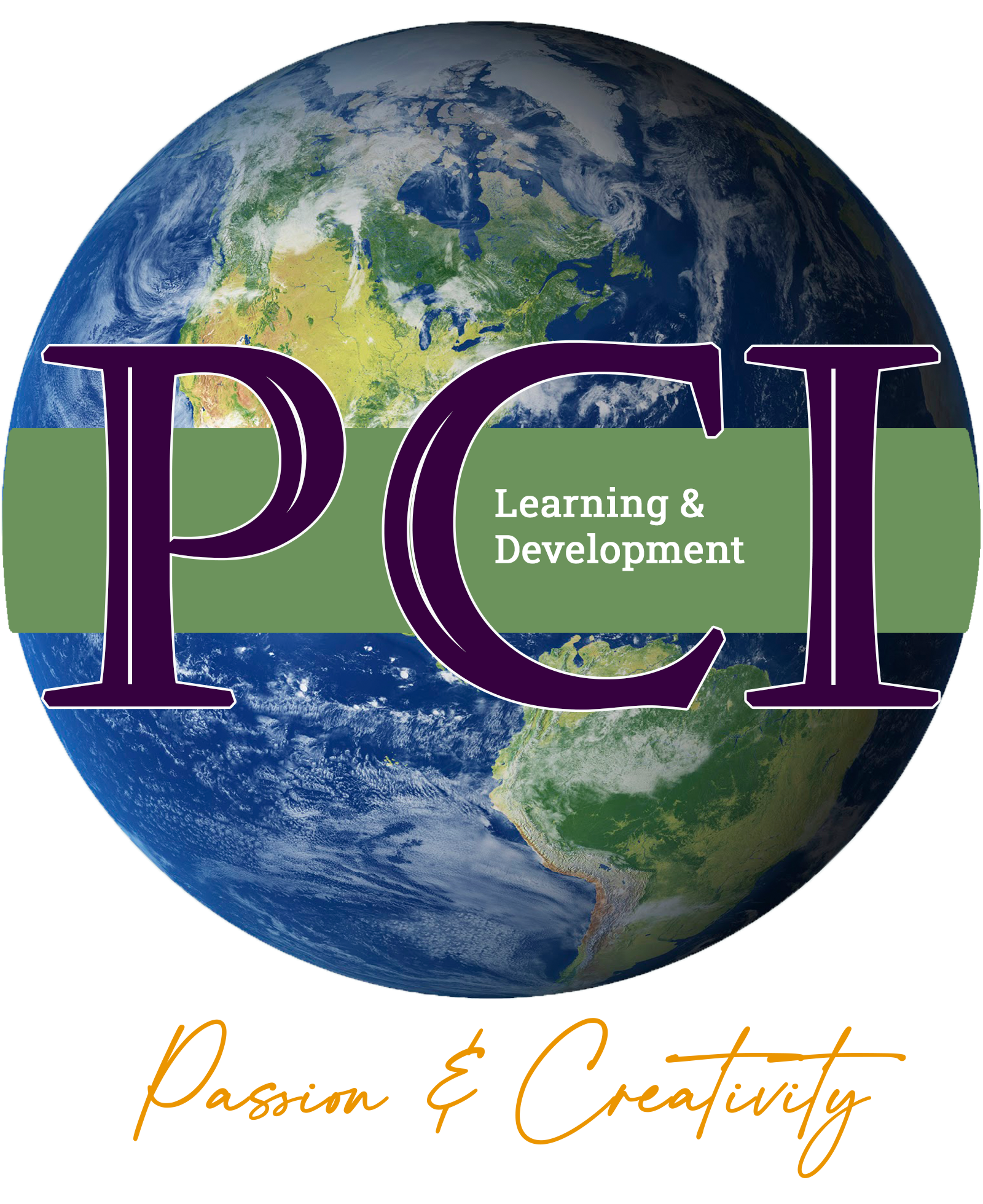Sharpening the Leadership Philosophy in Emerging Leaders
21st Century Revolutionary Leadership 5-day program

Introduction:
In today’s world managers & leaders are faced with increasingly complex responsibilities. To meet the resultant challenges, they must continually sharpen their management & leadership skills. It is crucial that leaders are prepared to build up their organization through both words and deeds. People listen and respect a leader that clearly articulates the required course of action whilst demonstrating a strong moral compass and character.
This 5-day training course will focus on the 21st Century Revolutionary Management practices which are necessary for success in today’s fast changing business environment. The training course focuses on the importance of effective communication, and conflict resolution, based on the latest insights from leadership research and psychology. This will ensure that delegates attending this training course will develop the skills to deliver significant management & leadership impact.
Participants will acquire and develop essential skills that will improve their communication, conflict resolution, problem solving, decision making and anger management skills whilst also improving their self-awareness and self-esteem. A key objective is that the participants will leave the training course with new ideas that they can implement in respect of their personal management & leadership capabilities, and the management of their specific areas of responsibility.
Participants attending this training course will develop the following competencies:
- How to manage and motivate people more effectively
- How to create and harness the power of high-performance teams
- The ability to understand, and effectively utilize, strategic planning techniques
- How to negotiate successfully for positive results
- Build their leaderships skills knowledge
- Develop an awareness of their emotional well being
- An understanding of techniques to improve communication with their subordinates
- Improvement in problem solving abilities
- An improved ability to support their organization by becoming highly effective and confident leaders
Objectives:
Participants on this course will achieve the following objectives:
- Develop a detailed understanding of methods for improving management performance
- Gain in depth insights into the successful management and utilization of teams
- Gain an understanding of strategic planning techniques
- Develop their negotiation skills
- Learn the skills required to lead and manage change
- Examine the application of management best practices
- Define and understand the role of a leader within an organization
- Understand the importance of being aware of his/her own strengths and weaknesses
- Realize the importance of a healthy environment where people are confident in their abilities
- Cultivate skills in asking good questions and how to practice active listening
- Improve their ability to deal with difficult people
- Learn how to analyze and find problem solving solutions
- Be able to give assertive feedback and correction advice
- Perfect their anger management skills
Impact:
Organizational Impact:
Your organization will benefit from team managers and supervisors who return from the course with a knowledge of how to build and develop teams that fulfill their potential and improve their motivation and productivity.
They will be able to:
- Build a productive culture and act as a role model for other team members in the organization
- Work more efficiently and effectively by identifying real priorities and challenging activity that does not add value
- Recognize team issues and deal with them swiftly before they affect other team members or team performance
- Identify star performers in teams and nurture them for the future benefit of the organization
- Apply techniques of motivation and structured feedback to help turn around under-performing team members
Methodology:
This training course combines presentations with practical examples and exercises, supported by video material and case studies to provide maximum benefit to the delegates. Delegates will be encouraged to contribute by relating leadership principles to their individual workplace. There will be group exercises to allow for a “hands on” approach to learning, instructional films will be utilized to present “best practice” approaches, and there will be in depth discussions of critical success factors. Pre and post course assessments will be carried out to measure the learning and development resulting from the course.
Target Audience:
The course is specifically designed for professional in all areas of operations who seek to manage the process of change and improve the performance of their area of responsibility. It is an opportunity for all professionals to advance their ‘management thinking’ and keep abreast of the most modern concepts in leadership.
It will be of benefit to all professionals who are:
- Responsible for organizational improvement
- Concerned with achieving standards of excellence
- Interested in enhancing and modernizing their management skills
- Interested in enhancing their leadership skills
- Who have responsibility for strategic planning
- Who have responsibility for team leadership
- Occupy supervisory roles at any level
- Decision makers
Course Content:
Day 1: Building Self-Esteem
- Definition of self-esteem
- Putting things into perspective
- Building self-confidence and the confidence of others
- Increasing self-esteem
- Principles of leading people
- Case study of exemplary leadership
Day 2: Effective Communication
- Winning communication strategies
- Growing self-awareness
- Becoming a skilled communicator
- Communication barriers and how to overcome them
- Asking good questions
- Developing active listening skills
Day 3: Conflict Resolution
- Understanding conflict
- Benefits of confrontation
- Importance of empathy
- Guidelines for assertive anger
- Working towards positive interactions
Day 4: Problem Solving and Decision Making
- The definition of problem solving
- 8 steps for identifying problems
- Making winning decisions
- Types of decisions
- Keys to good decision making
- The problem-solving model
Day 5: Anger Management
- What is anger
- The costs of anger
- Understanding emotional triggers
- Strategies to cope with anger
- Taking care of yourself and your mental health
- Developing a personal action plan
